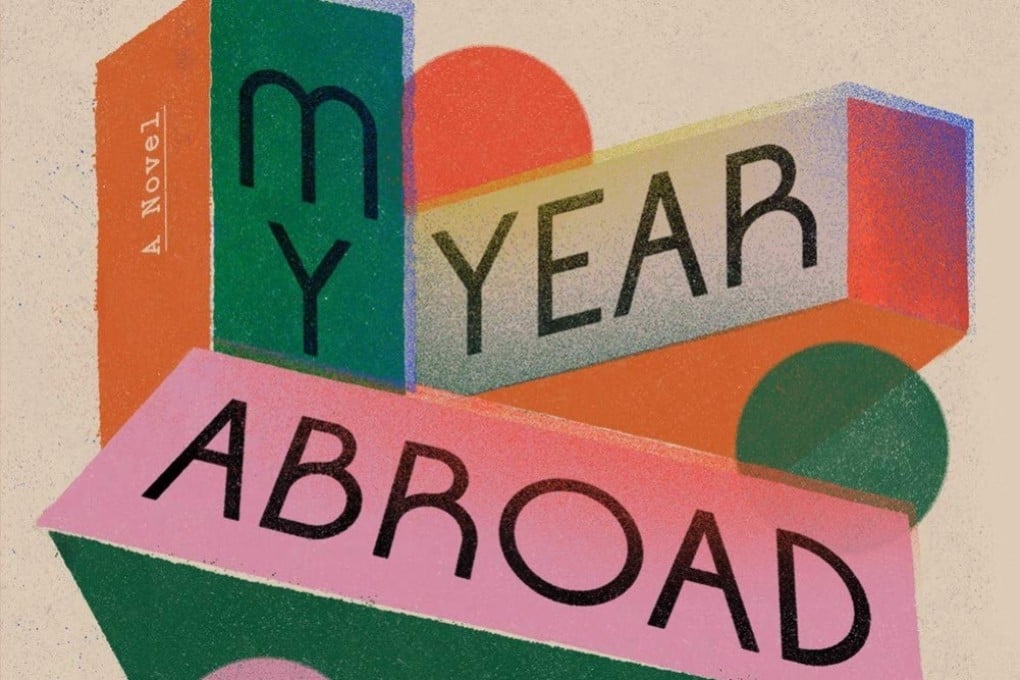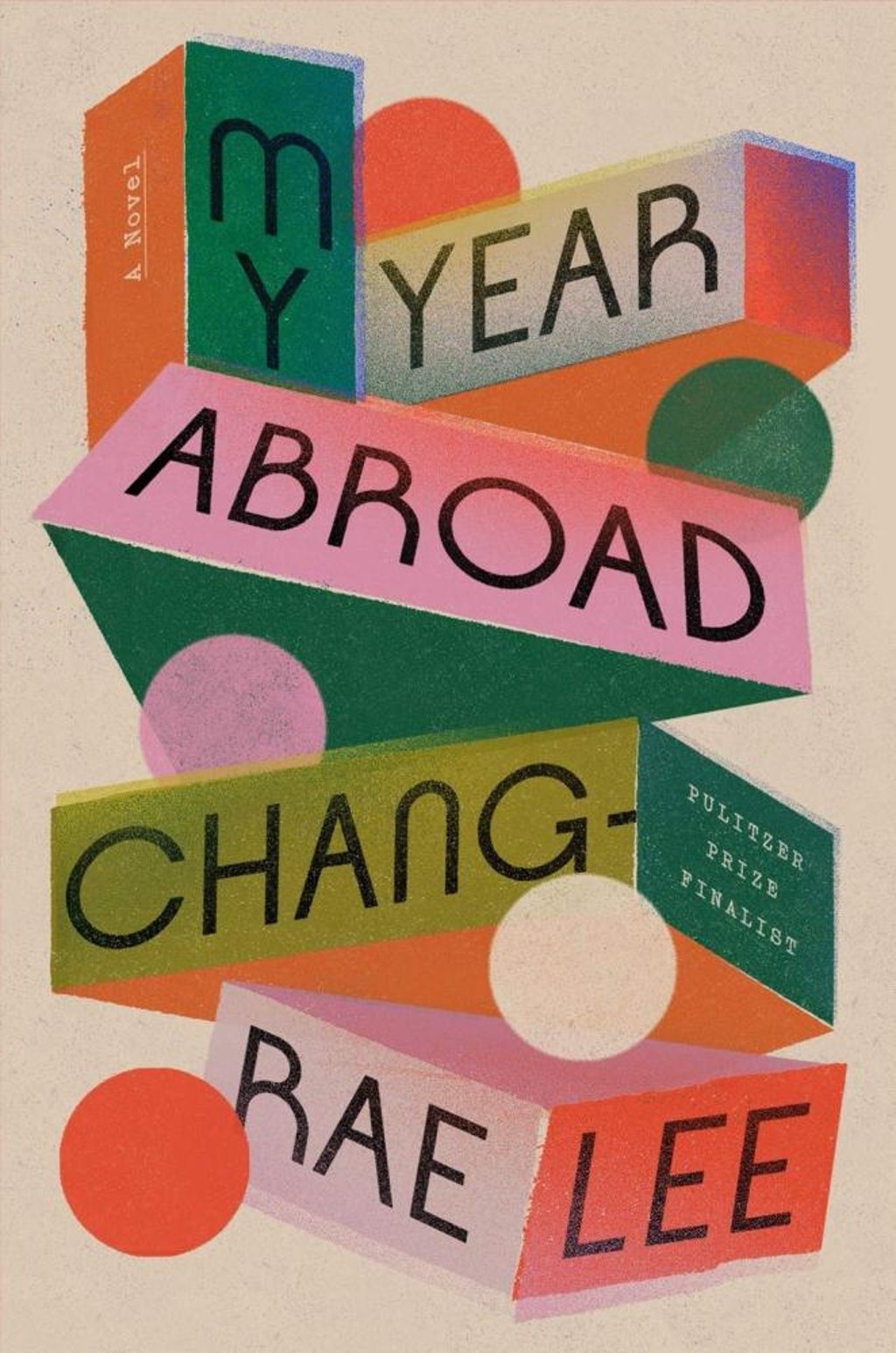My Year Abroad: Chang-rae Lee explores what it means to feel like an outsider in an adopted country
- In his latest book, Korean-American novelist Chang-rae Lee cements his place as master of the ‘outsider’ genre
- He packs the pages with an abundance of food and facts – and sometimes a little too much information

My Year Abroad by Chang-rae Lee, Riverhead Books
Chang-rae Lee’s latest novel, My Year Abroad, is part-bildungsroman and part-shaggy dog story, a great big novel overflowing with eating, multilingual phrases (including Mandarin, Korean, even Yiddish), the finer points of fast food and high-cuisine, references to German and Japanese knife-making, boating, etymology, more eating, surfing, pop psych, mall architecture, Chinese environmental regulation, scuba diving, drugs, dog sledding and still more eating. (For a true sense, please repeat the following quote between each review paragraph as a chorus:)
“[M]orsels of deep-fried rabbit drowning in chili peppers, ribbons of beef tendon in a sweet, spicy sauce, and handmade noodles with pork and pickled cabbage, sautéed bitter melon, and gooey little tenders of braised eggplant …”
We start with college dropout Tiller Bardmon – an overthinking, “semi-diasporic postcolonial indeterminate” (“one-eighth Asian”, he notes) – living with his older lover, Val (importantly to Tiller, also one-eighth Asian), and her son, Victor Jnr. Victor Jnr at first seems like a home-schooled, “otherwise ADHD/OCD/possibly sociopathic”, gluttonous version of Wilder, the mostly silent younger child from Don DeLillo’s White Noise (1985) – a compelling presence in his silence, but Tiller turns into a charismatically prodigious cook.

Thanks to Tashkentian money-laundering and a disappeared ex-husband, Val is in witness protection – in a town Tiller has dubbed “Stagno” for privacy reasons and because it is as still as a scummed-up old pond.
